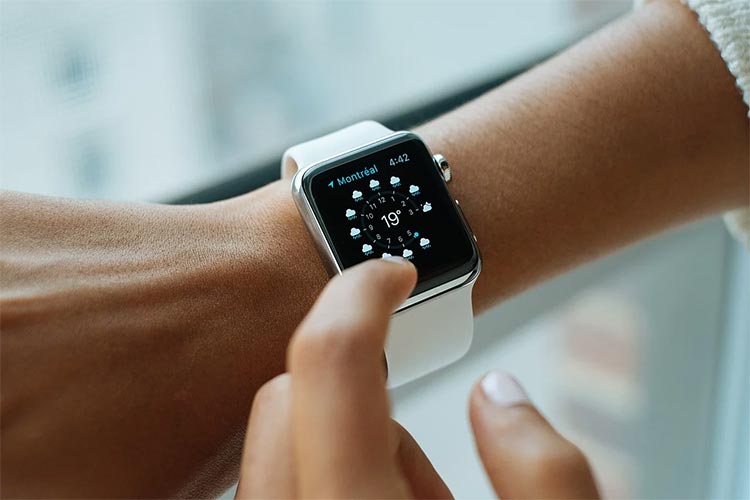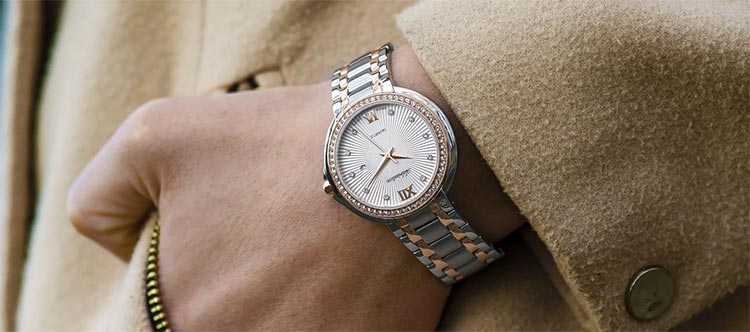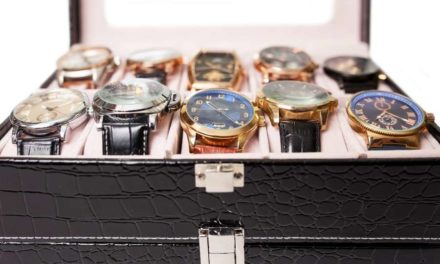Buying a new watch is more than just picking out a piece of jewellery: it’s an investment. Watches aren’t just a timepiece designed to keep you on track; they can be a reflection of your style.
Thanks to the growth of technology and digital solutions, there are now a wide range of luxury smartwatches for men on the market as well as traditional analogue solutions.
As a result, you’ve got an extensive choice of products when you’re looking to invest in a new watch. The biggest consideration you have to make is whether or not you should choose a traditional watch, or go for a sophisticated smartwatch.
To help you make this vital decision, we explore the benefits of each solution and explain which one will be best for you.

Prestige
One of the main advantages of traditional luxury watches is that they offer you the prestige of its brand. Products from major producers such as Rolex, Hublot and Breitling are among the most revered timepieces on the market and will show the wearer to be the epitome of style and sophistication.
Smartwatches have less long-standing stature, but they do draw on the reputation of their provider. Some smartwatches, such as those created by Apple or Garmin, draw on their creator’s reputation for technological innovation to lend their wearer an aura of discernment.

Appearance
Traditional watches have been designed with timeless elegance in mind, meaning that you’ll always be able to find a stunning timepiece that will look incredible, such as these classically stylish Breitling watches for men.
Smartwatches are sold based on their functionality more than their appearance, but brands are becoming increasingly aware that wearers want something beautiful as well as practical, and are slowly starting to create trendy smartwatches to suit any style.

Function
Most traditional watches offer a clockface, sometimes with the option to show the date and seconds. This function, as well as bringing prestige to their wearer, is their sole purpose.
In comparison, smartwatches are designed to act as an extension of your smartphone, meaning that they offer a wide range of functions, including texting, taking calls, reading emails, tracking your fitness, and even watching TV.
Longevity
A luxury traditional watch can last a lifetime and more, with many makes and models appreciating in value and becoming valuable family heirlooms. As they use precision engineering, many traditional watches will still work after decades of use and good care.
Smartwatches revolve around software and technology, which means that they only last as long as those solutions. Typically, this is the same amount of time as your smartphone, which means you could be replacing your smartwatch every 5 years or less.
Conclusion
Ultimately, smartwatches and traditional watches are used for completely different purposes, so you can integrate both into your collection. In fact, studies have shown that smartwatches are leading many consumers towards buying more traditional timepieces. Each solution has a unique use, so take the time to explore all of the options you have before you make your decision to ensure that you buy the perfect watch every time.















